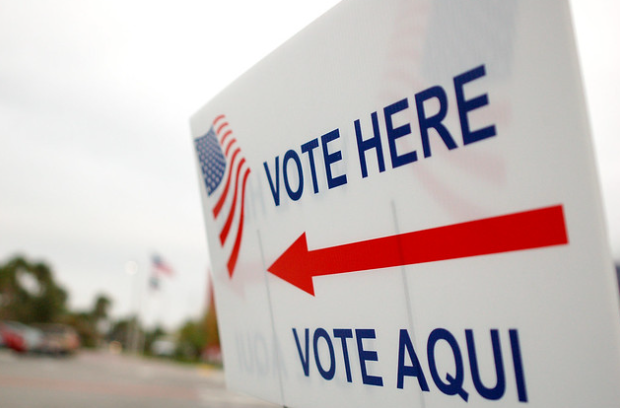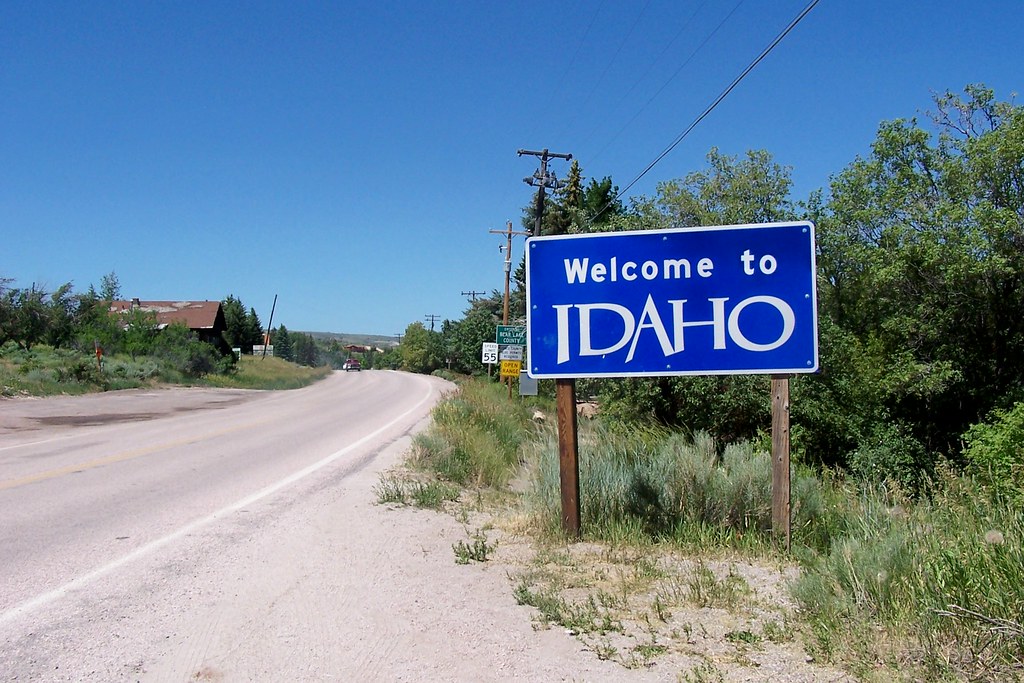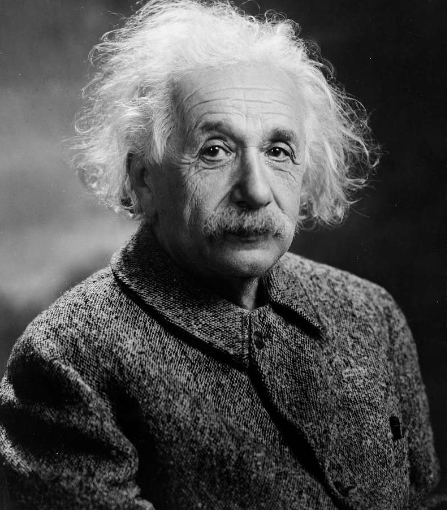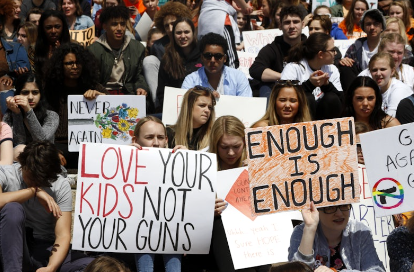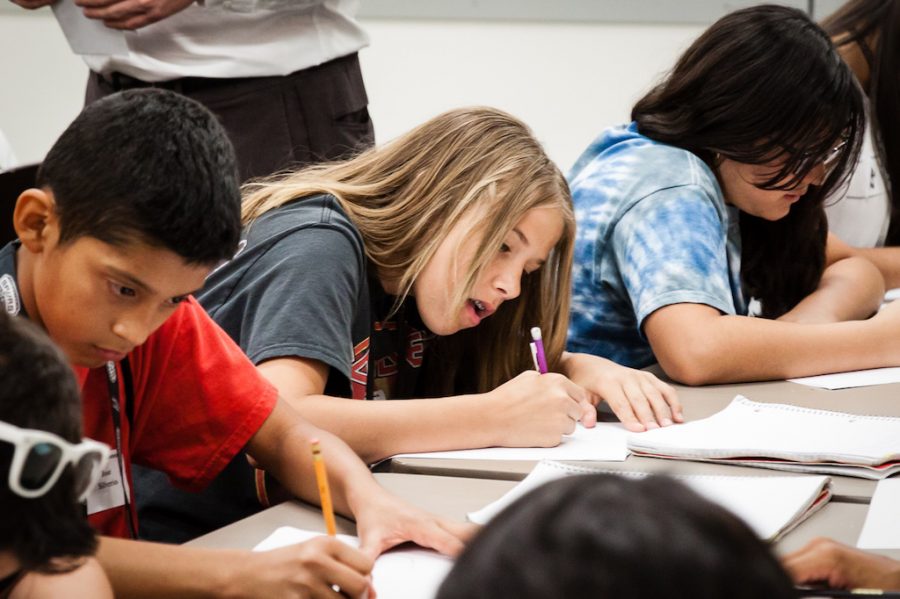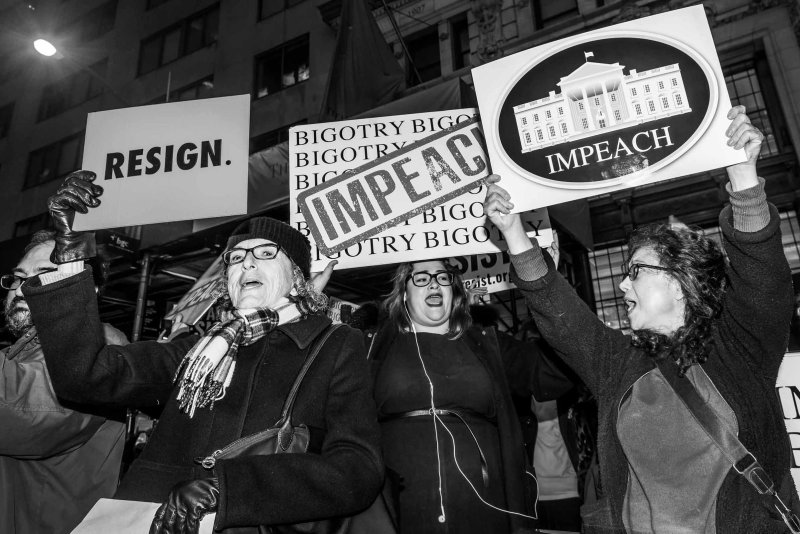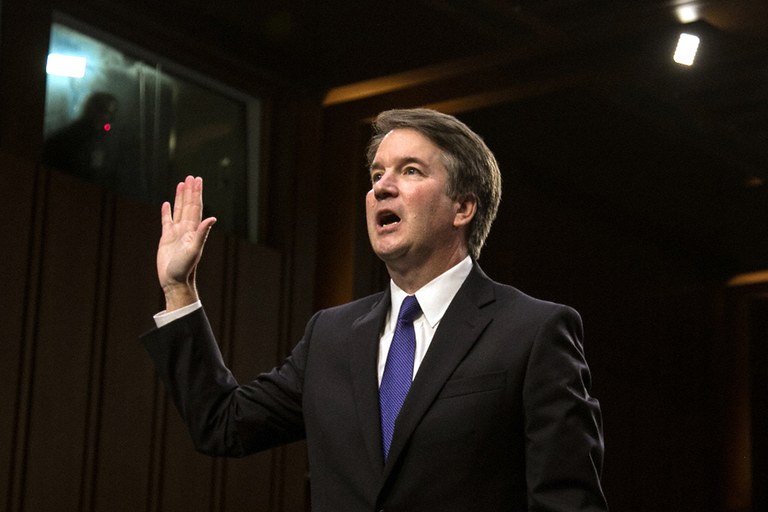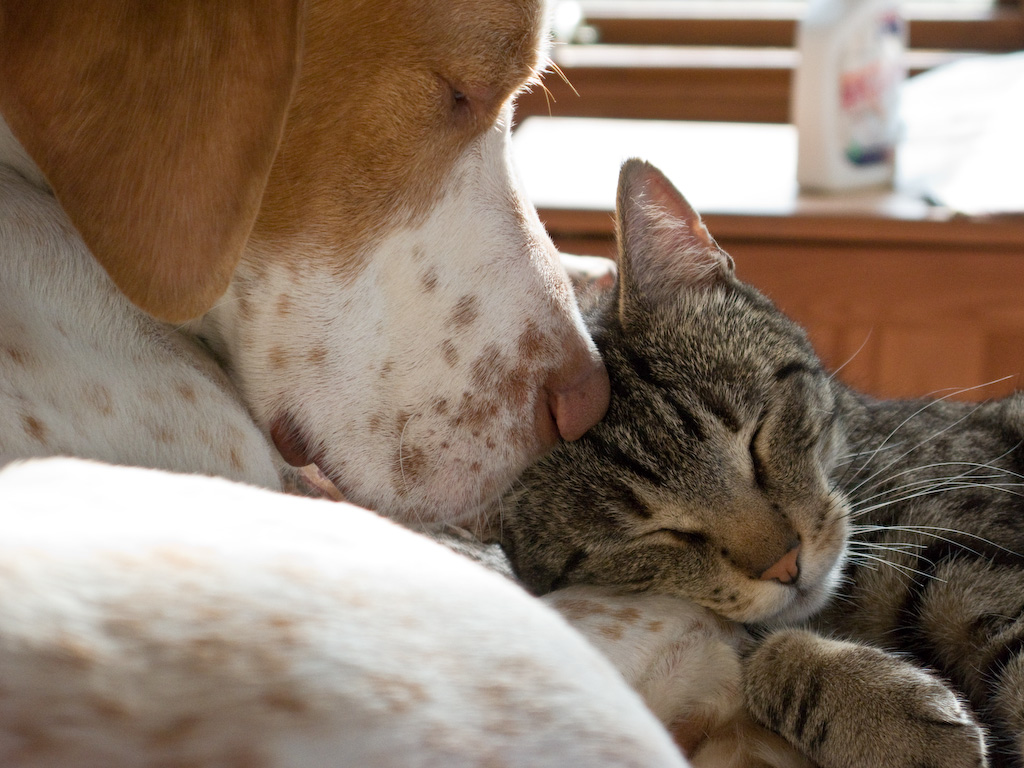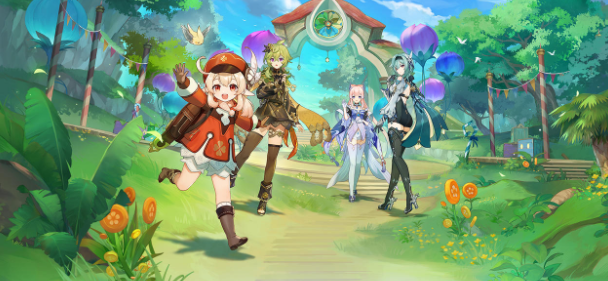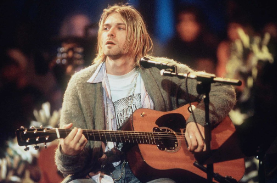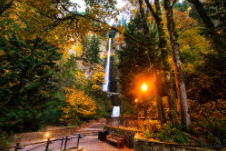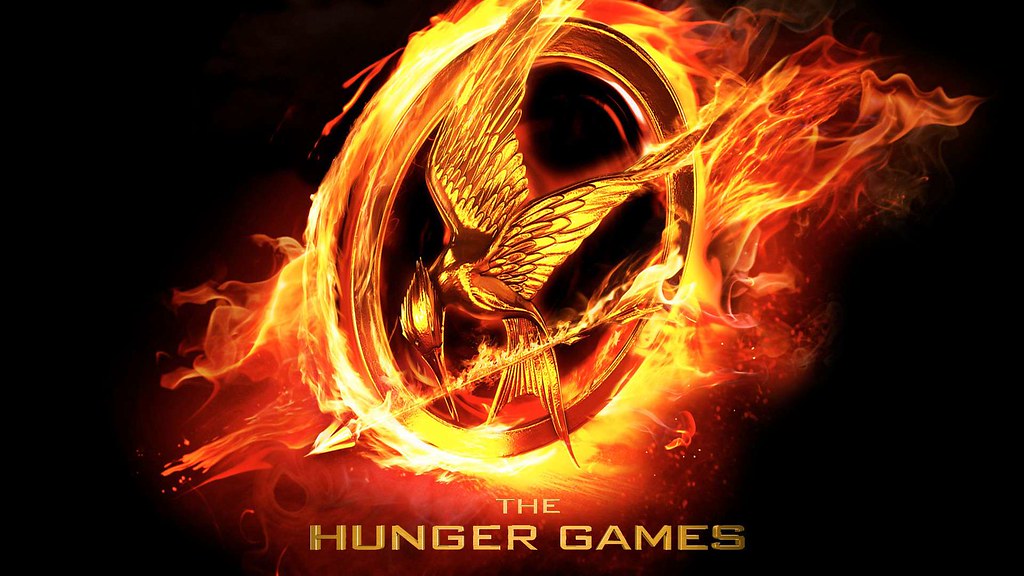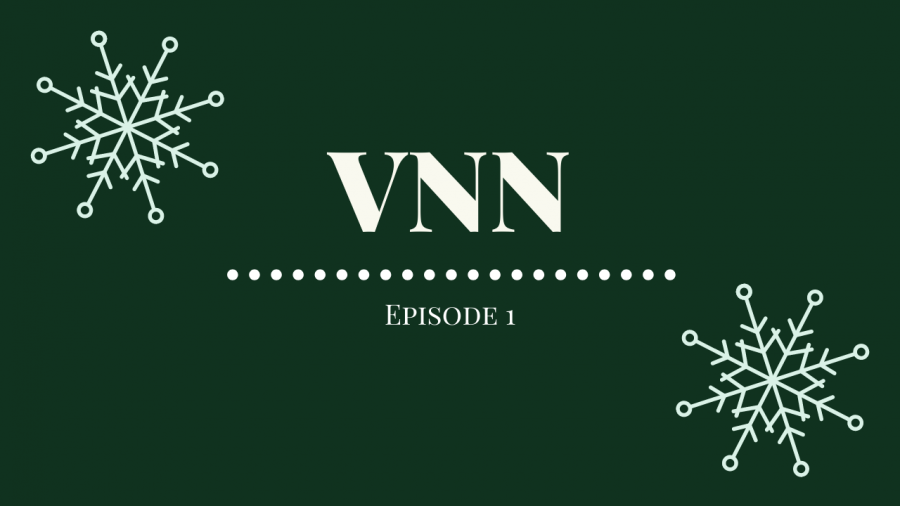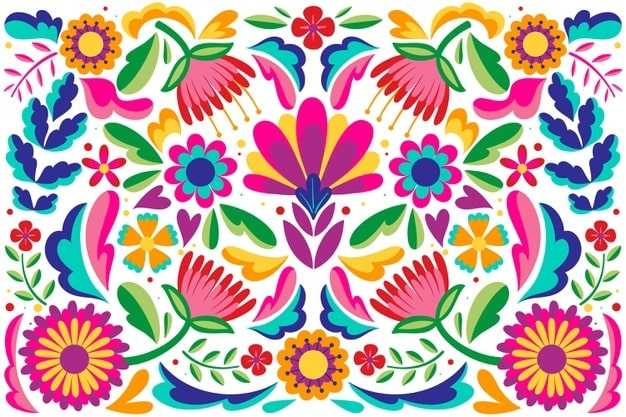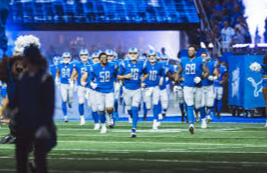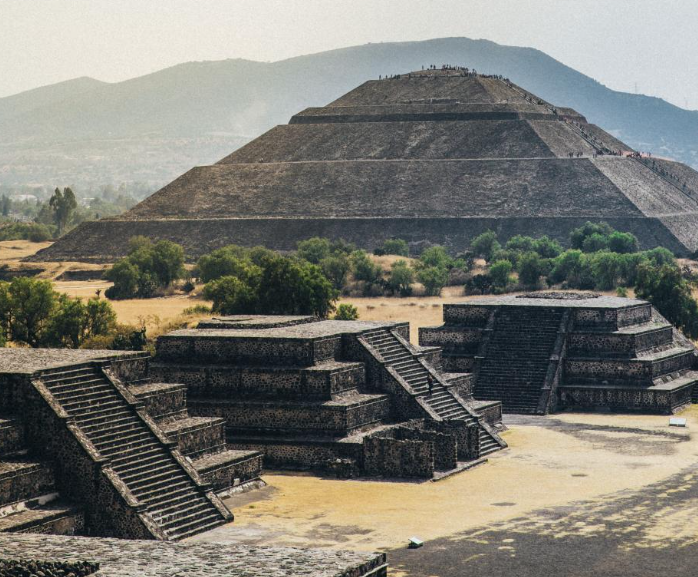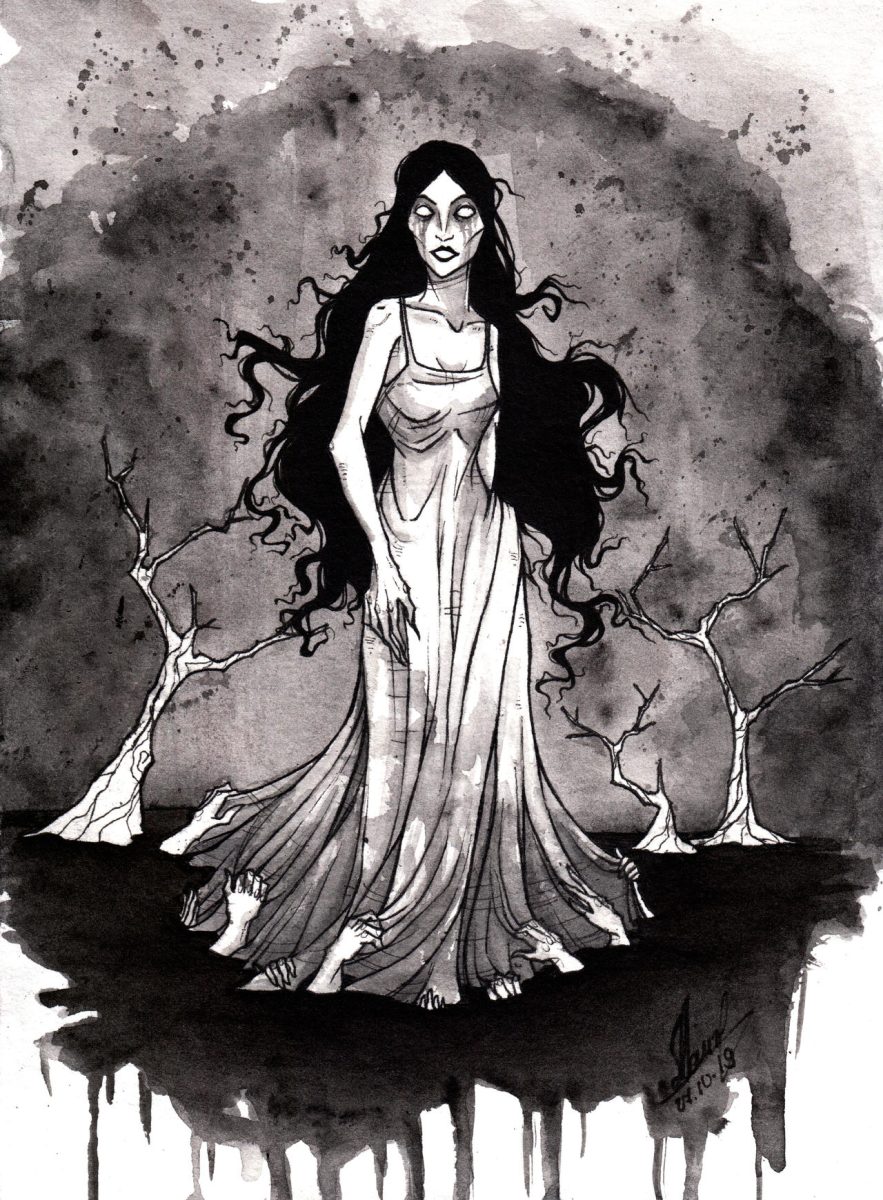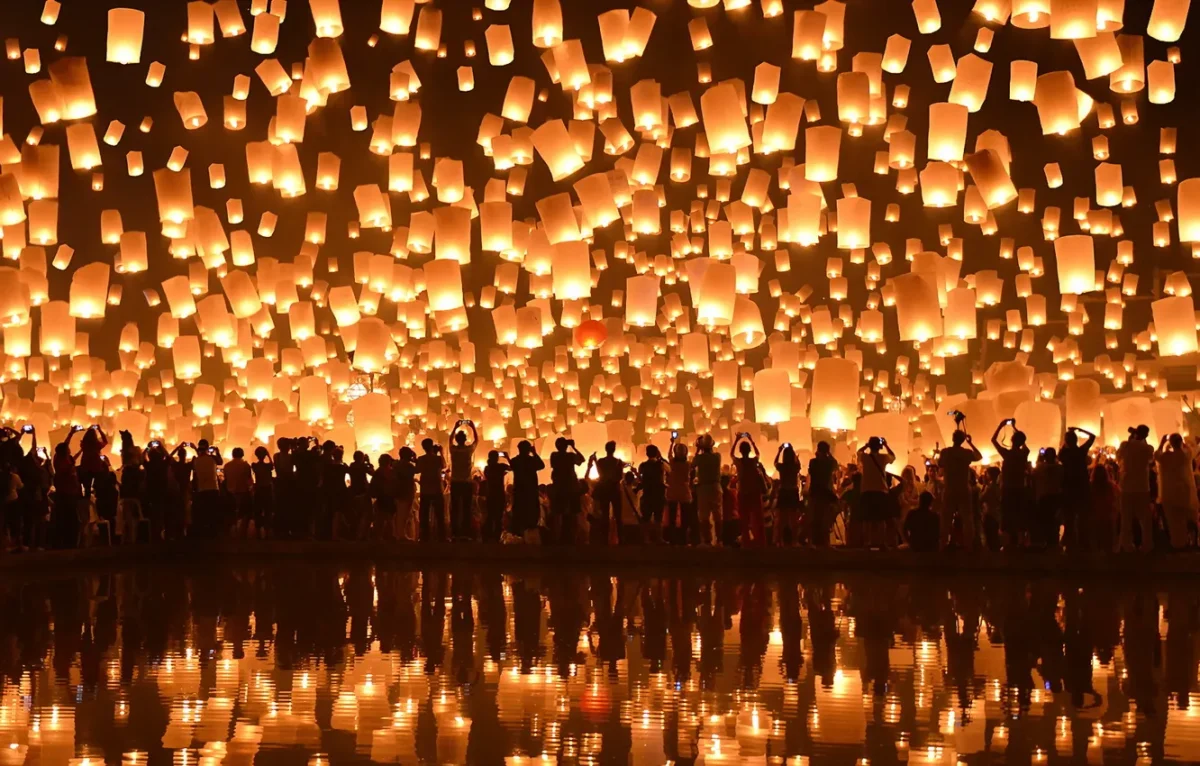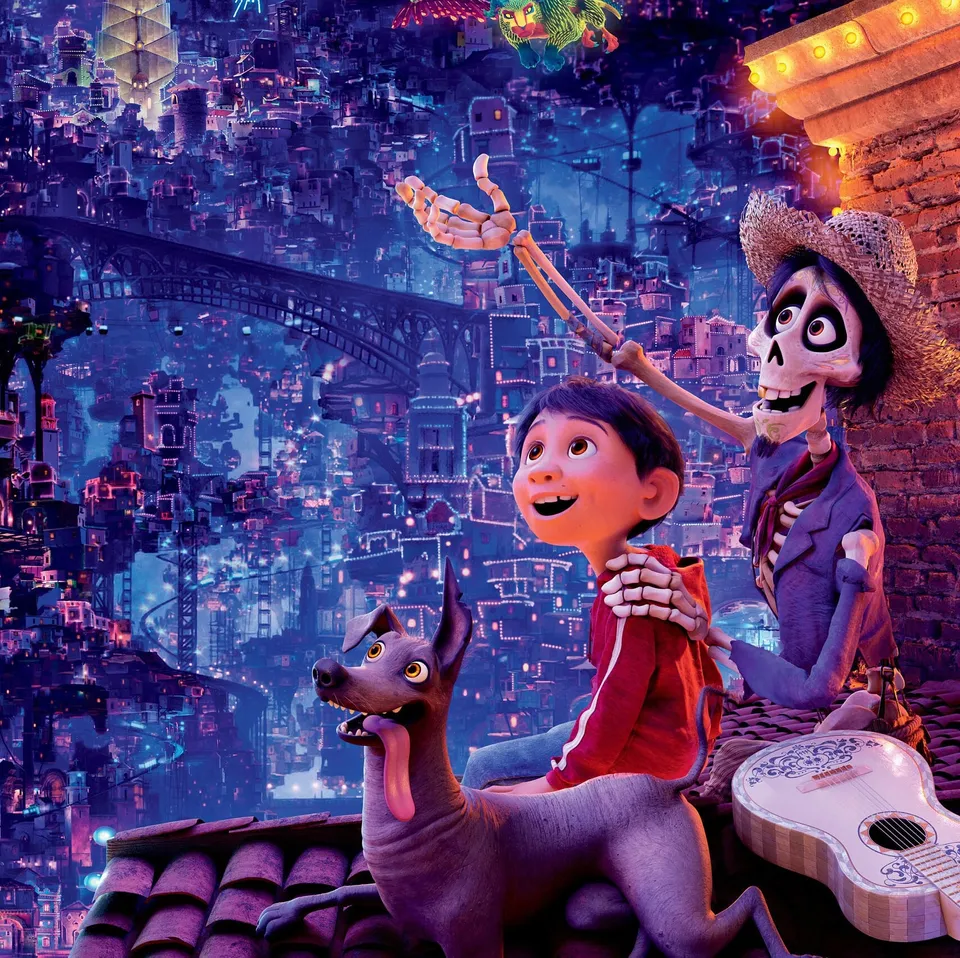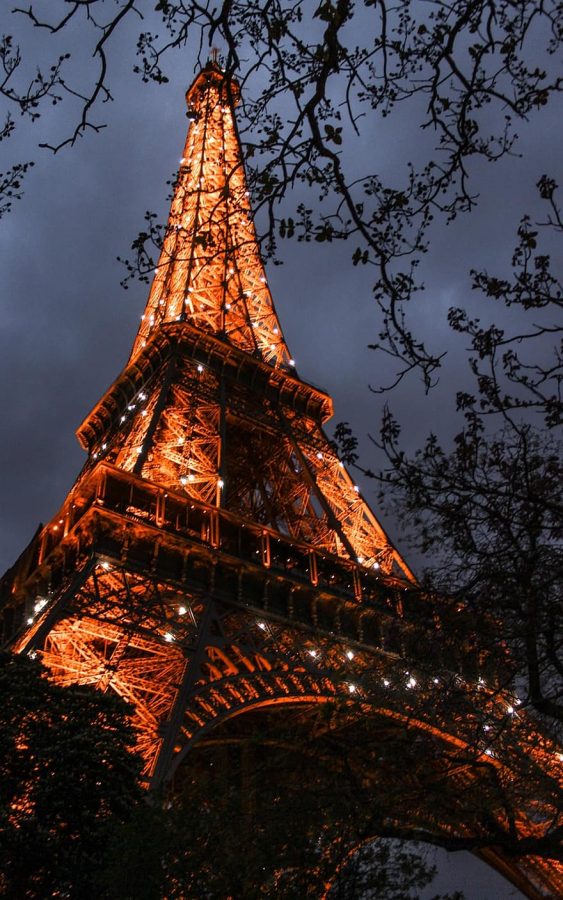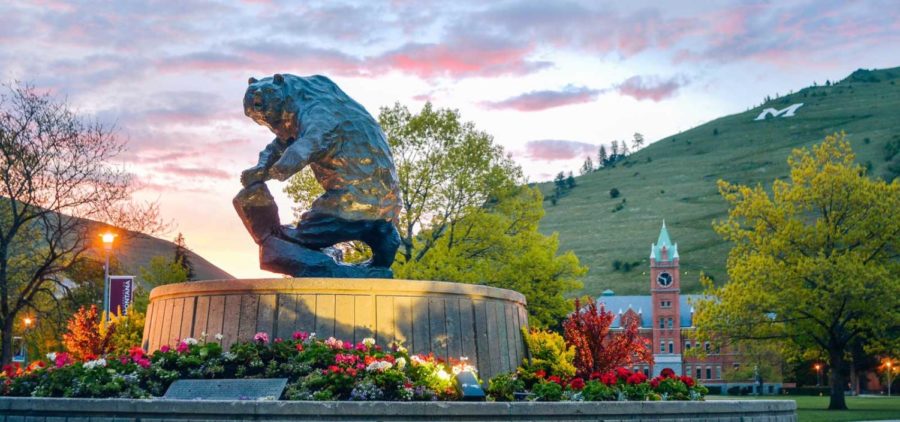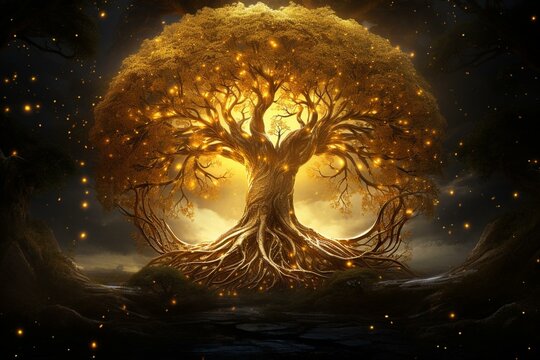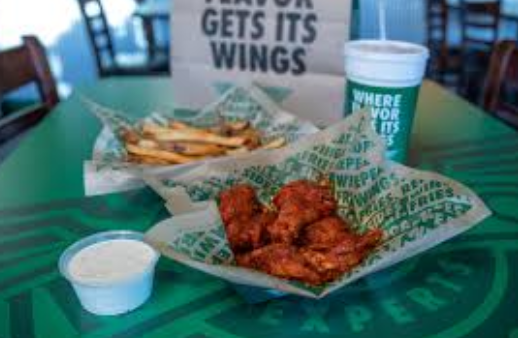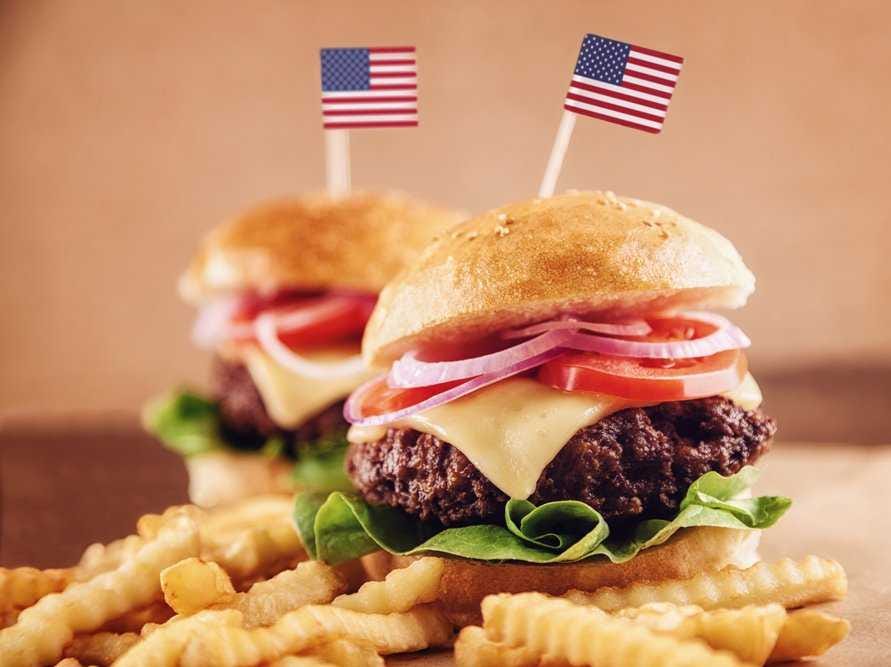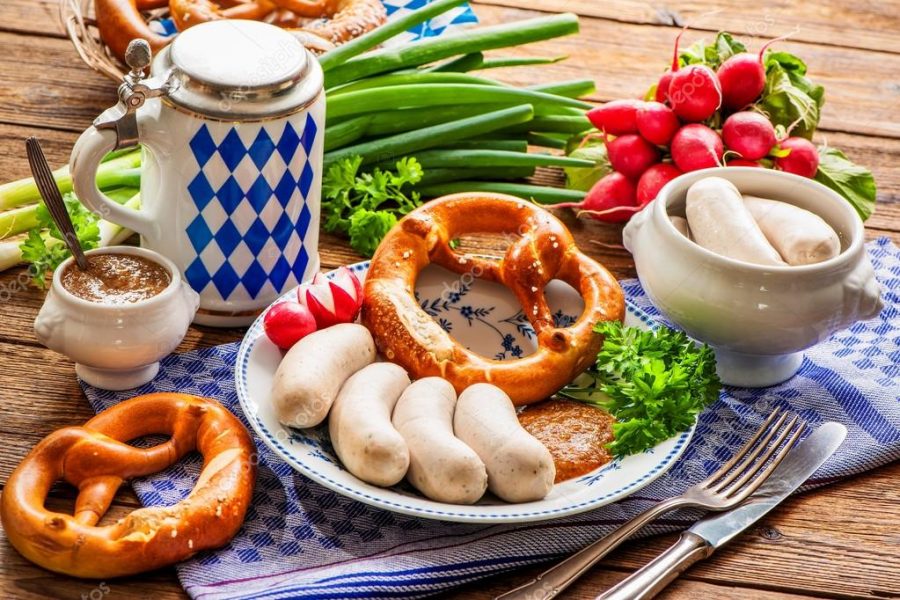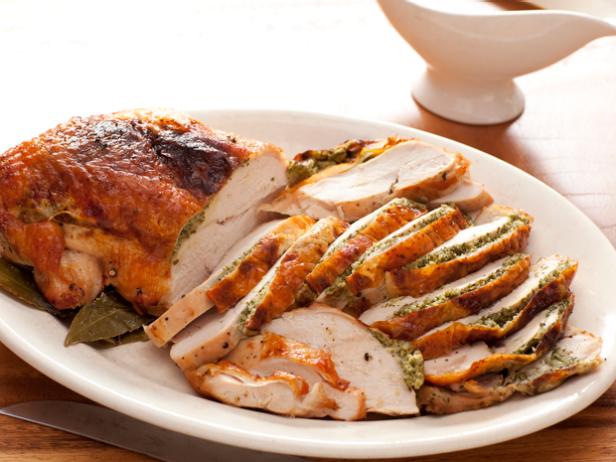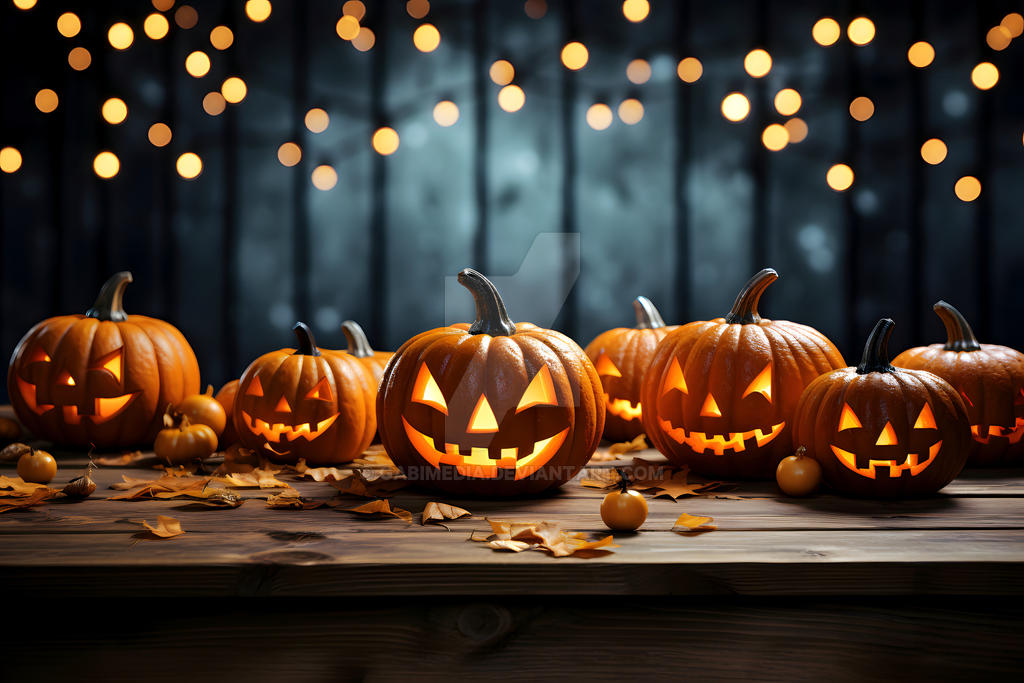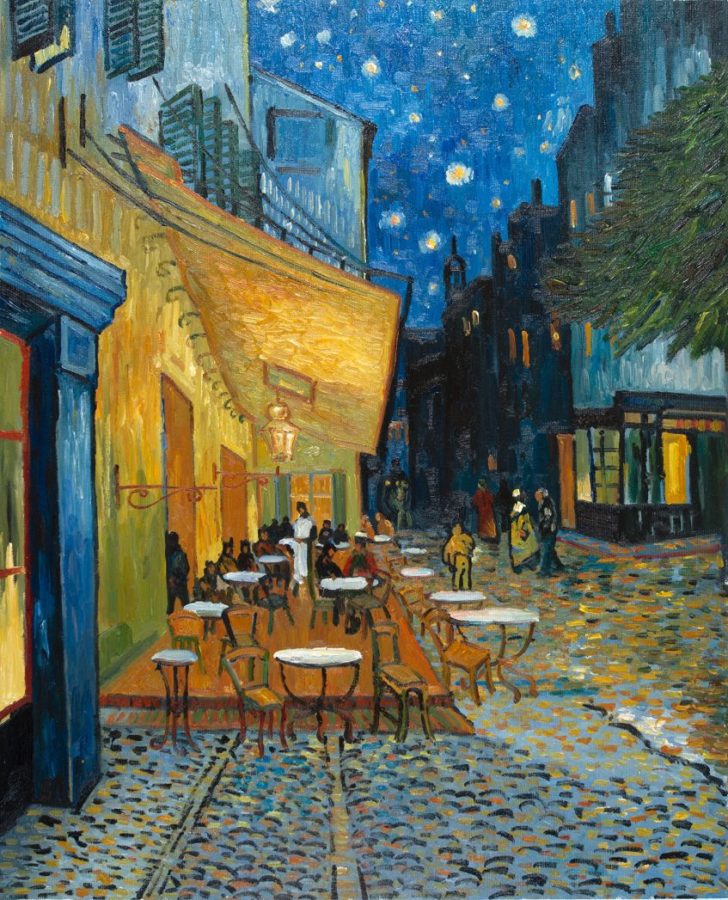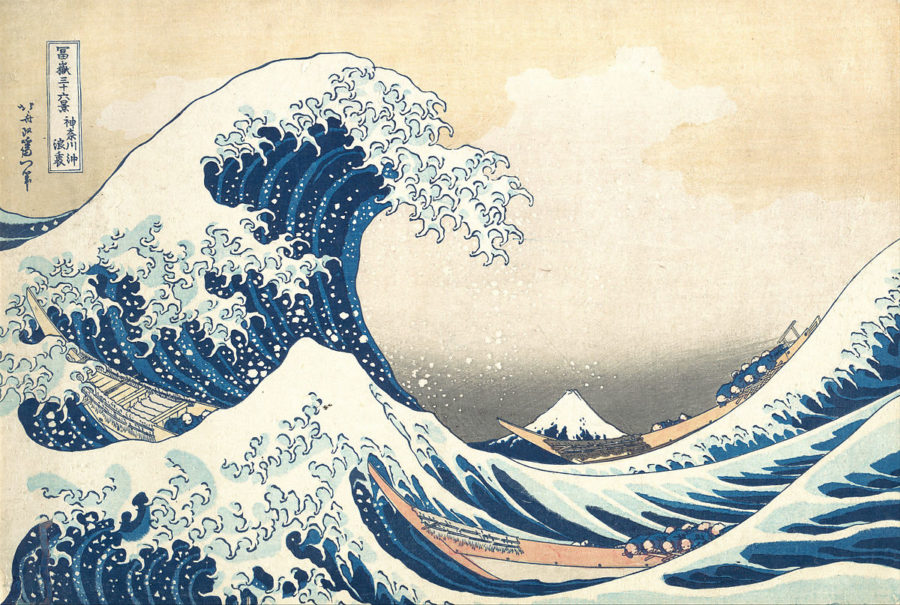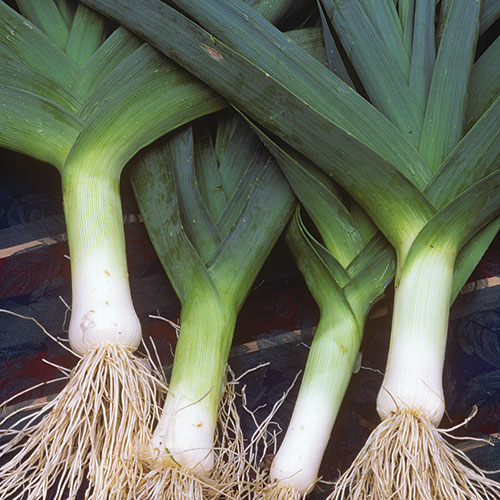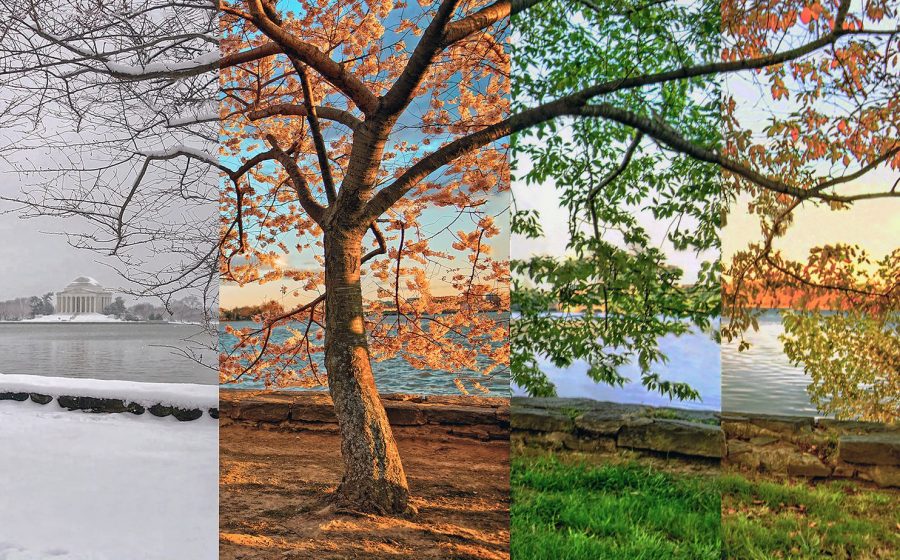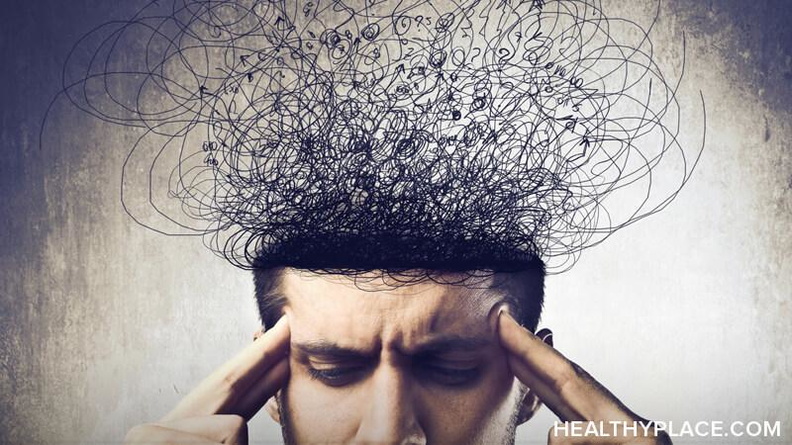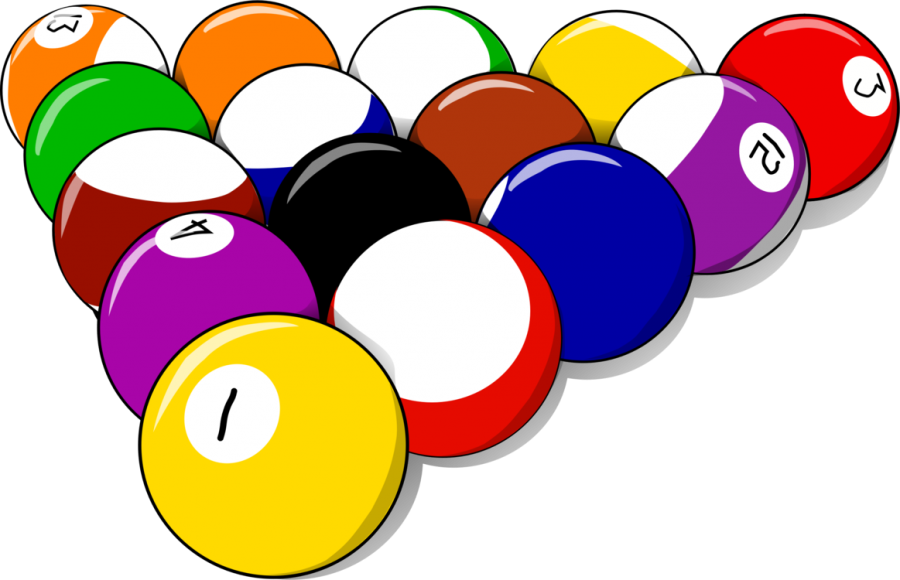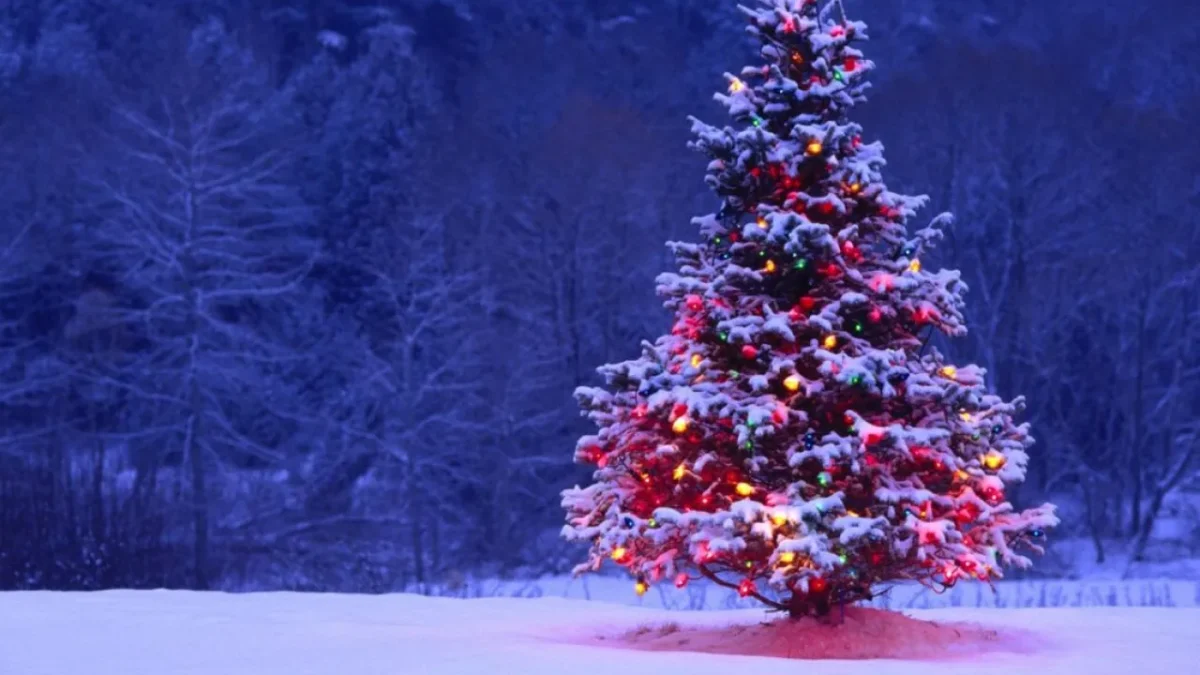Holidays hold a unique place in the human experience, evoking a wide array of emotions and memories that can shape our lives in profound ways. Each holiday carries its own traditions and significance, influencing how we feel and interact with others. Here, we explore various holidays and the emotions they commonly elicit.
New Year’s Day: Hope and Renewal
As the clock strikes midnight on December 31st, the air is filled with anticipation and excitement. New Year’s Day is often associated with feelings of hope and renewal. People reflect on the past year, setting resolutions and aspirations for the year ahead. This sense of fresh beginnings can ignite a renewed sense of purpose, encouraging individuals to pursue their goals with vigor. However, it can also bring anxiety for those feeling pressured to make significant changes or for those who struggled in the previous year.
Valentine’s Day: Love and Loneliness
Valentine’s Day, celebrated on February 14th, is a day dedicated to love and affection. For many, it brings feelings of joy and connection as couples express their love through gifts, flowers, and romantic gestures. However, this holiday can also evoke loneliness and heartache for those without a partner or those who have experienced loss. The juxtaposition of love and longing creates a complex emotional landscape, making Valentine’s Day a day of celebration for some and a reminder of solitude for others.
Easter: Joy and Reflection
Easter, a significant holiday in many cultures, is often associated with themes of rebirth and renewal, symbolized by the arrival of spring. Families come together for festive meals and egg hunts, fostering a sense of joy and togetherness. For many, Easter also holds religious significance, encouraging deep reflection on themes of sacrifice and redemption. This combination of joy and introspection can create a rich emotional experience, allowing people to appreciate both their connections to loved ones and their spiritual beliefs.
Independence Day: Patriotism and Nostalgia
In the United States, Independence Day on July 4th evokes strong feelings of patriotism and pride. Fireworks, barbecues, and parades bring communities together to celebrate freedom and national identity. However, this holiday can also stir feelings of nostalgia, as people remember past celebrations and reflect on their family histories. For some, the day may prompt thoughts about the struggles for independence and the complexities of national identity, leading to a more mixed emotional response.
Thanksgiving: Gratitude and Stress
Thanksgiving, celebrated in various forms around the world, centers on gratitude and togetherness. Families gather to share meals, expressing appreciation for their blessings. This holiday can evoke profound feelings of warmth and love. However, the preparations and expectations associated with Thanksgiving can also lead to stress and tension, particularly for those hosting. The pressure to create the perfect gathering can overshadow the intended spirit of gratitude, illustrating how even the most positive holidays can carry dual emotions.
Christmas: Joy and Melancholy
Christmas is a holiday steeped in joy, generosity, and celebration. Many people experience feelings of happiness and warmth, brought on by festive decorations, gift-giving, and time spent with loved ones. However, Christmas can also bring a sense of melancholy, particularly for those who have lost loved ones or are unable to be with family. The stark contrast between joy and sorrow is a hallmark of this season, making it a time of deep emotional complexity.
Conclusion
Holidays have the power to evoke a wide range of emotions, often reflecting the intricacies of human relationships and experiences. From the hope of New Year’s Day to the nostalgia of Independence Day, each celebration brings its own set of feelings that can enhance our lives and deepen our connections. Understanding these emotions allows us to navigate the complexities of holiday celebrations, fostering empathy and connection in our shared experiences.










